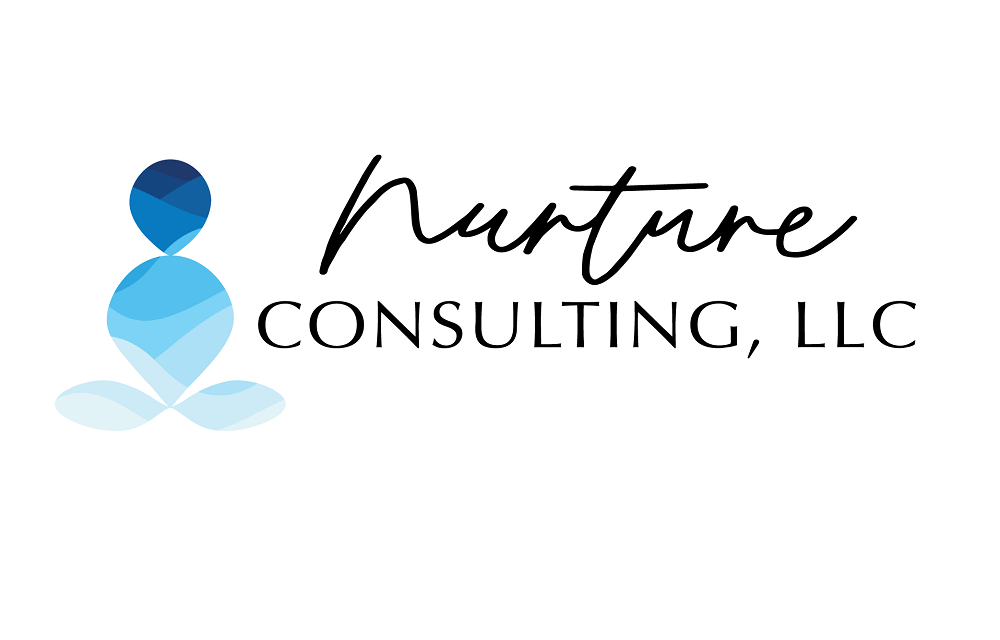Steps Toward a Better Body Image Tip #1- Challenge Cultural Norms
Photo by AllGo- An App for Plus Size People (@canweallgo) via Unsplash
We have a problem in our society that doesn’t get addressed often enough- fatphobia (the fear of fatness, of being fat, or becoming fat). Fatphobia has far-reaching effects for people in all body sizes. For people who live in larger bodies, fatphobia comes in all forms- comments & barbs, prejudice, invisibility, difficulty navigating physical spaces in a world designed for smaller bodies, among others. Doctors appointments turn into lectures on weight loss rather than addressing important medical issues, strangers feel justified shaming your food choices or appearance publicly, and fat is punchline in movies and comedy shows. Smaller bodied people fare better in general society, but the very idea of becoming fat can cause anxiety and lead to disordered eating and compulsive exercise. This is just fatphobia in another form. Unfortunately, there are no legal protections for body size discrimination (yet). The reason for this is that body size is still largely considered a product of personal choice. It’s unfortunate that the “personal choice” explanation is still the dominant narrative. Our body size is influenced by many complex factors including our genes, environments, medical conditions, history of yo-yo dieting, stress levels, and other social determinants (e.g., our income level, access to food, etc.).
Fatphobia isn’t an innate belief system, it’s a learned belief system that we develop from cultural messaging all around us. Even from a very early age we can learn that big bodies are “bad”, “undesirable”, “lazy”, and “slow” from our families, our peers, in school, from healthcare providers, and from popular media. Watch children’s cartoons sometime. Many cartoon villains are drawn in larger bodies, cementing the idea that fat is an undesirable trait.
As we age the messaging continues in different forms. We’re told that “obesity” is an “epidemic” and that body fat will kill us. We see thin bodies on the covers of magazines. We’re sold the idea that stopping the aging process is possible if we use certain products or have special procedures. Commercials about diets promise us a better life and better health if we lose weight.
Whether we’re aware of it or not, these messages can have a negative impact on our body image. The common denominator of these messages is that we’re not enough. Our bodies are a problem that need to be fixed. I contend that our bodies and physical appearance are not the problem, the messages are. Quick fixes don't cure poor body image. What if we chose to address our negative body image rather than trying to change our bodies? Being comfortable in our own skin is priceless.
One step toward a better body image is to challenge the cultural norms that the only “good” bodies are thin, young, fit, able bodies. Here are some tips to help you start to challenge cultural norms:
Start to notice the frequency in which you encounter fatphobic messages in magazines, on social media, on commercials, from family & friends, etc. In your mind label the message as fatphobic. This will help to increase your awareness about where, when, and how you’re encountering fatphobic messages in your daily life. Notice thoughts that pop up in your mind and how the thoughts make you feel about your body.
Take steps to reduce fatphobic messages in your daily life. For example, reconsider who you follow on social media. It’s okay to unfollow people who share fatphobic messages and follow people who share messages of acceptance. Another example is to cancel subscriptions to magazines that promote fatphobic and disordered messages and images.
Challenge fatphobic thoughts with self-compassion and gratitude. When you notice fatphobic thoughts and negative feelings, begin to challenge them with self-compassion. “I noticed that I felt insecure after seeing a magazine cover with a really fit model. It’s okay and normal to feel this way when seeing photoshopped images.” Challenging fatphobic thoughts with gratitude is another practice to try. If you find yourself saying, “Ugh. My stomach is so gross. Its hanging over my waistband.” consider replying with “My body does a lot for me everyday to keep me alive. I’m grateful that my stomach helps me to digest and process food.” These practices help you to normalize negative body image feelings (we all have them) and take the focus off the external (our bodies are more than their appearance).
Challenging cultural norms can feel like a mountain to climb. Once you start noticing fatphobic messages, you will see them everywhere!! Practice challenging fatphobic thoughts. If we learned them, we can unlearn them too!!
XO Nicole

